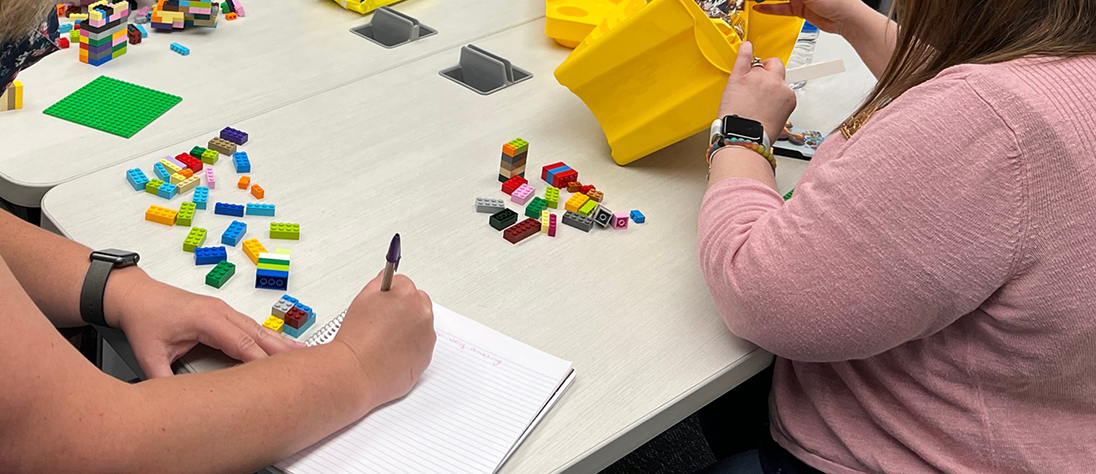Radford University
Center for Innovative Teaching & Learning
Welcome to CITL!

CITL'S mission is to collaborate with campus, community and professional partners to improve teaching and learning; connect faculty with the people and resources that support their teaching initiatives; imagine creative solutions to challenges in teaching and learning; facilitate learning opportunities and community building for faculty and learners; advocate the efforts and visions of the Radford University community for the teaching and learning environment; and, inspire faculty to try new things and take risks to foster student learning.
To learn more about us and our mission, as well as facilities, resources, events and programs, browse the linked areas in the left-side menu, and check out current events below. People can also Follow CITL on Instagram to see photo and video content of faculty and student creations from the Workshop and Studio.
Current Events
JANUARY OUR TURN
JANUARY OUR TURN is happening January 6-7, 2026. Session descriptions and enrollment
will conducted via the CITL Registration Site.
THE PROMISE AND PERIL OF CHATGPT FOR COURSES
Download this helpful The Promise and Peril of ChatGPT for Courses [PDF] created by Dr. Heather Keith.
ALTERNATIVE ASSESSMENT
CITL is happy to offer options on alternative approaches to assessment, including alternatives to a comprehensive final exam. Download this Alternative Assessment [PDF] to learn more.
FALL 2025 WORD FESTIVAL
CITL, along with campus and community partners, will host the tenth annual Word Festival Video Contest throughout the month of October. Visit the Word Festival area of the site learn more.